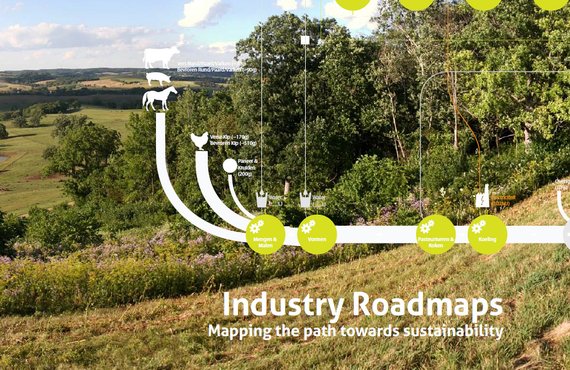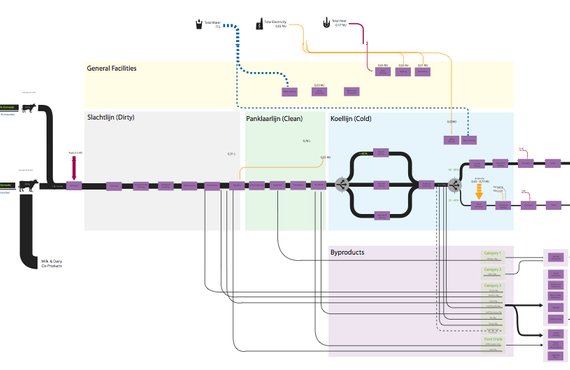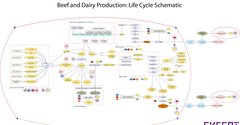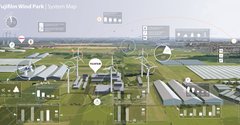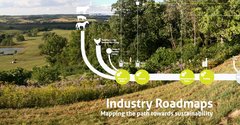
Industry & Sector Roadmapping
Service > Mapping the path towards sustainability
Except functions as the hub and driver of collaborative innovation. By organizing experts, stakeholders, and partners in a tightly orchestrated process, sustainability becomes a driver for true system-wide innovation.
Birds eye view of industry chains
Except works with individual companies as well as whole sectors to identify key opportunities for improvement and innovation using ‘system maps’. These quickly illustrate the risks and opportunities within any given sector, revealing leverage points that maximize intenvention effects at the lowest cost.
With its diverse team of experts, Except gives companies the tools and insight to find succesful routes forward, and helps map a trajectory towards long-term achievements, security, and responsible operations.
Finding key opportunities for progress and innovation
1 - Integrated Analysis
Except’s analysts provide the necessary insight for corporate decision making by choosing the right kind of systems analysis: material resources, people, knowledge, policies, time, or money.
2 - Identifying symbiotic solutions
The next phase maps the complexity of each issue, identifies unseen solutions, and translates them into step by step roadmaps.
3 - Develop strategic pathways
With this overview of possible solutions, we develop strategies to move organizations towards sustainability. This can include building internal and external strategies, creating inspiring designs and devise practical, affordable, and innovative solutions.
Except makes route and system maps for any industry and sector, including manufacturing, service industries, urban development, logistics, agriculture, social, and medical industries.
Download the brochure for more details, and talk to us to find out how sustainability, innovation and systems-thinking can improve your company and industry.
Examples
DNV Waste Water Chains
This project is a visual exploration of the Dutch waste water sector in 2030. It takes a closer look at the role of waste water processing facilities for the provision of clean water, renewable energy, and valuable material inputs for society of the future.
The vision for 2030 concerns the role of waste water management in four major parts of society: the built environment, agriculture, industry, and natural lands.
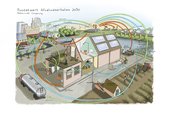
Sustainable Water Innovation Game
SWIG is a social cardgame with a sustainable wastewater processing theme. Players get to know each other, learn from each other, and discover as a group to invest in the opportunities that make wastewater processing more sustainable.
We developed the game mechanics in close collaboration with Det Norske Veritas (DNV) as part of their Wastewater Chain Roadmap (Routekaart Afvalwaterketen). The game is played with much enthousiasm in DNV's workshops today.
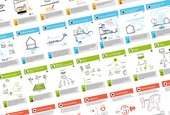
Food for the Urbanite
This research project investigates how the city dweller influences the food system. It investigates new disruptive developments, and proposes actionable steps forward to improve consumer connectivity to the food system. This improves the relation between actual demand for healthy and honest food, and the food system at large.
The research booklet is downloadable for free (in Dutch).
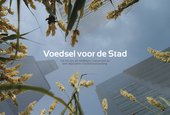
Carpet sector roadmap
Together with MODINT and DNV we mapped the Dutch carpet sector and developed a road map to a circular carpet industry in 2030. We used system mapping and visualization techniques to bring at-a-glance insight to the stakeholder meetings. With this insight we plotted interventions to transition the industry towards a circular and bio-based industry within two decades.
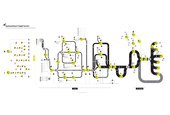
Meat Sector Roadmap
We developed a roadmap of the Dutch meat process sector, production and processing companies and their suppliers, together with DNV. The road map shows opportunities for optimal use of all energy and material flows in the product chain of chicken, pork and beef, and maps their sources. The maps bring insight to all stakeholders involved, and enables decisions on improving entire sections of the production chain at once.
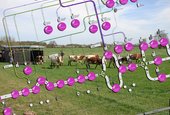
No Time To Waste (2018)
LC Packaging serves customers across the globe with packaging products to protect, preserve and transport goods. Except was requested to assess its baseline sustainability performance.
At product level we examined reusing Flexible Intermediate Bulk Containers (FIBCs) and found a significant CO2 emission reduction potential. At corporate level we investigated energy and water use, waste generation and CO2 emission. See below for our main findings.
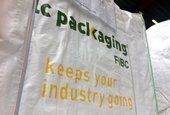
Contact
Tim Horsten
CSR Consultant / Engineer
 +31 10 7370215
+31 10 7370215
